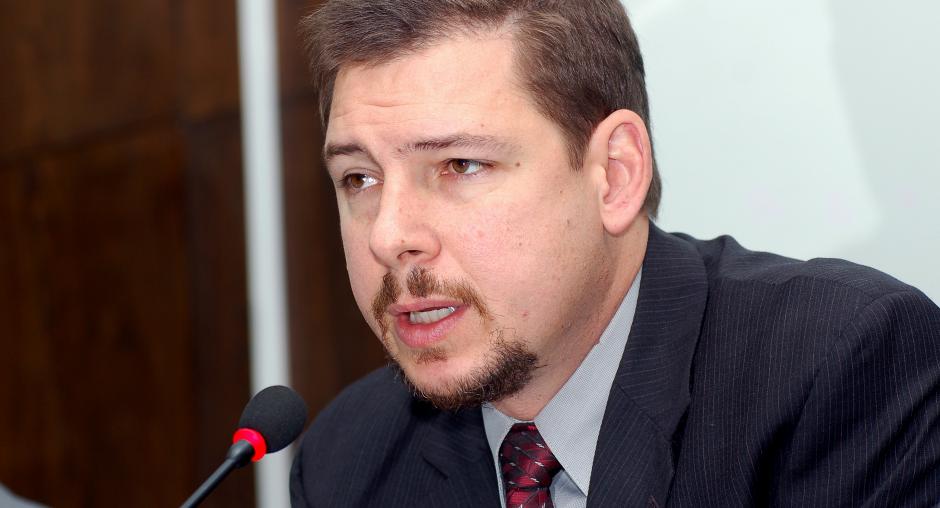Returns remain a challenge for Kosovo's governing institutions, says OSCE Mission

PRISTINA, 29 October 2007 - Kosovo's institutions should do more to involve potential returnees in their returns policy planning, while those wishing to return must get more involved in order to ensure their sustainable and successful return, says a report released by the OSCE Mission in Kosovo today.
The analysis is based on a survey conducted by the OSCE's Municipal Teams. It examines the planning and implementation of municipal returns strategies, as well as the co-operation between those involved in this process.
"Returns are a challenging but necessary aspect of Kosovo's journey towards sustainable peace and democracy," said Markku Laamanen, Deputy Head of the OSCE Mission. "But in order to make them happen, participation of all who consider Kosovo their home is indispensable."
The report identifies a number of challenges and procedural gaps. It cites a lack of full commitment to the return process on the part of the municipal institutions, and points out that those who wish to return are not always constructively involved in the process.
Recommendations to Kosovo institutional and international actors involved in the return process include enhancing interaction and co-ordination between local and central institutions; strengthening inter-ministerial co-operation and co-ordination; increasing the consultative character of the strategy development process; and increasing outreach to potential returnees and strengthening their representation in the planning and implementation of returns policies.
The report also highlights the importance of creating sustainable conditions for returns.
"The success of any strategy or policy depends on the acceptance and ownership of all actors involved," added Laamanen. "To do so, a high level of transparency and an inclusive consultative planning process is needed from the earliest stages of the planning process."
